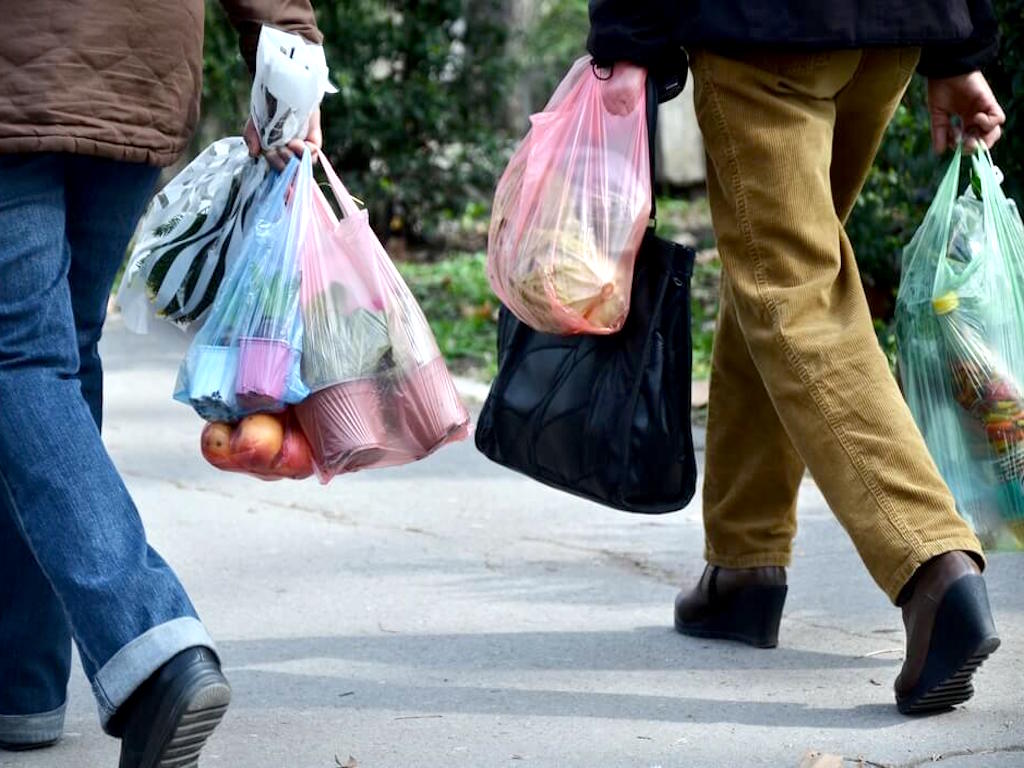3 Mins Read
To support Thailand’s nationwide plan to curb plastic bag use, at least 43 shopping malls and department stores have agreed to stop providing plastic bags starting in January 2020. These include some of the biggest retailer names in the country, such as 7-Eleven, Central, HomePro and Big C. After pushing for shopping malls to ditch plastic, the Thai authorities plan to ask for the participation of the F&B and other major industries. This move comes as Southeast Asian governments are taking a tougher stance on plastic pollution, especially as the region’s waste crisis continues to escalate.
As a part of the nationwide move to ban several types of single-use plastics by 2021, which include bags, cups, straws and Styrofoam containers, the Thai government has managed to elicit the participation of major malls and retailers across the country to join the fight against plastic waste. Among the over 43 malls and stores that will eliminate plastic bags starting from January 2020 include 7-Eleven, Central Department Stores, HomePro, Big C and The Mall Group, a major Thai mall operator that owns Emporium, Siam Paragon, EmQuartier and Gourmet Market.
READ: The Global Plastic Crisis 10 Numbers
Each department store or mall will be able to implement additional sustainable measures. For example, The Mall Group, which will begin to charge customers THB1 for plastic bags, will also open up fast-track “Green Lanes” for customers that choose to bring reusable bags.
In conversation with Coconuts Bangkok, cabinet member and minister of natural resources Warawut Silpa-archa said: “We know it’ll be a little inconvenient for customers at first, but I believe it is an important measure to work towards our goal and really make a difference.”
The ministry hopes to introduce more measures to combat plastic waste in Thailand in the future. These include targeting the F&B industry, from restaurants to fresh markets and stalls, to end the distribution of plastic bags, as well as introducing wider legislation to ban all single-use plastics within 2 years. Currently under discussion is a policy to outlaw microbes, cap seals and oxo-degradable plastics by the end of the year.
READ: Circulate Capital Launches US$106M Ocean Fund To Fight Asia Plastic Pollution
Southeast Asia’s plastic waste is at an all time high. While consumers’ addiction to convenience is partly to blame, reports have highlighted the need for plastic packaging to be reduced at source, which relies on businesses to take part, and for adequate recycling infrastructure to exist to support individual efforts to curb waste. According to a landmark report by GA Circular, the dismal plastic bottle recycling rates in the region comes down to inadequate collection and recycling infrastructure, and the lack of incentive for businesses to curb plastic.
Another report by several environmental organisations has pointed fingers at foreign waste imports into the region, an issue that has been exacerbated by local government neglect. In Indonesia, for instance, several tofu manufacturers in Tropodo have been burning imported low-grade and contaminated plastic waste to fuel boilers, releasing dangerous toxins with serious health consequences for the local community.
Given the severity of the waste crisis in Asia, dropping single-use plastic bags in major malls in Thailand is a welcome move. But what is clear is that there remains a long way to go to transition into a more sustainable, circular economy, which will require all industries, businesses, individuals and governments alike to collectively push for change.
Lead image courtesy of Shutterstock.




